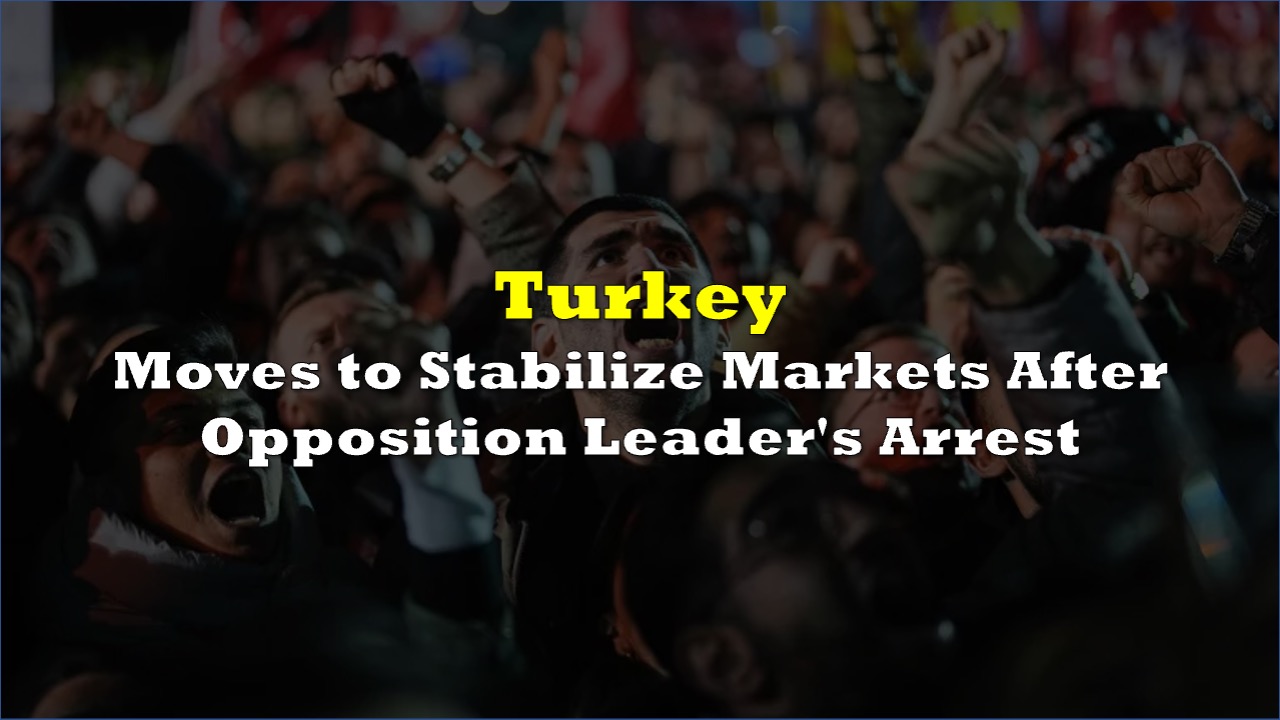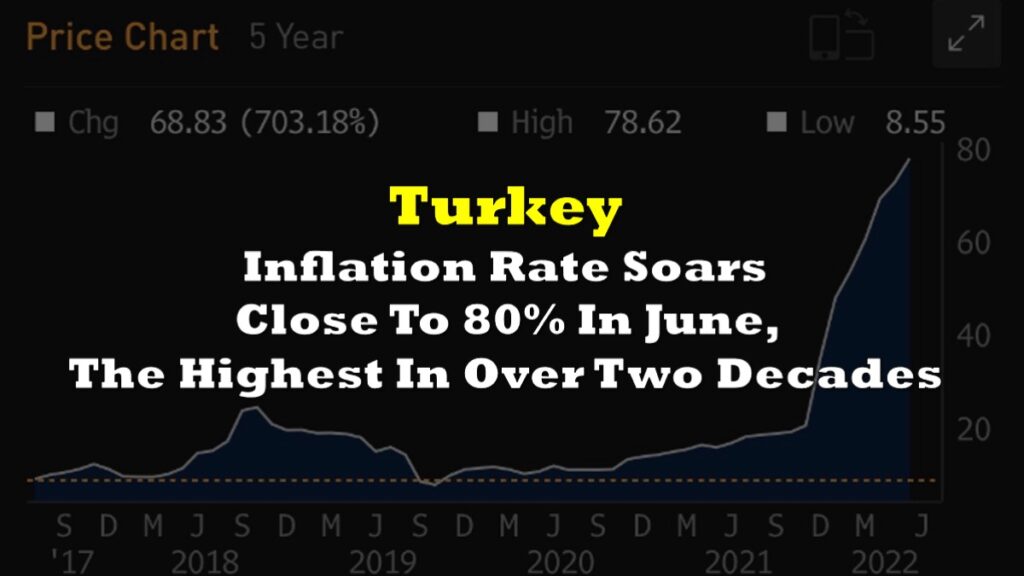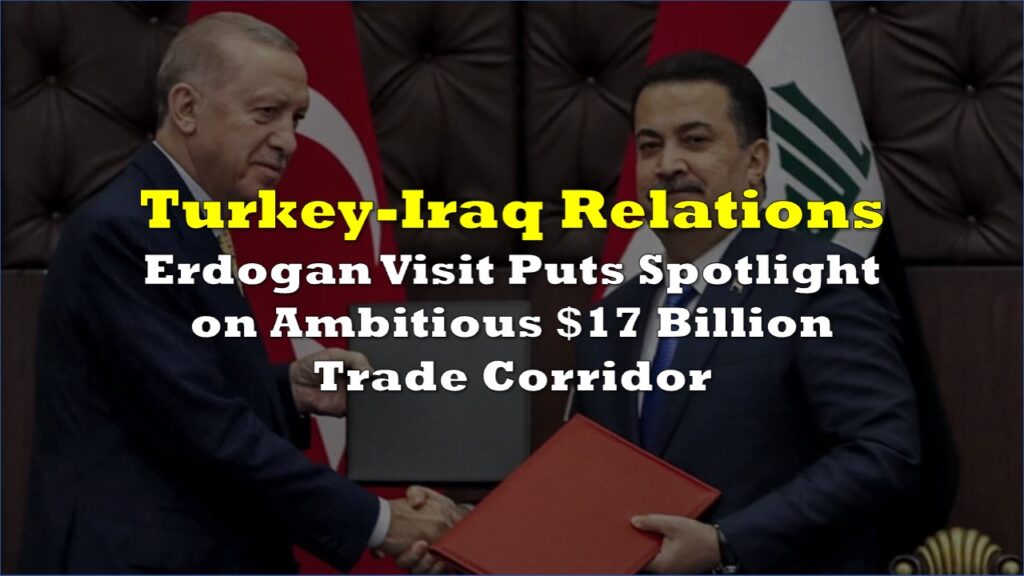Turkish financial authorities enacted emergency measures Sunday to shore up markets following last week’s arrest of Istanbul Mayor Ekrem Imamoglu, which sent stocks tumbling and sparked nationwide protests.
The Capital Markets Board expanded restrictions on short-selling to cover all listed stocks, not just the top 50 companies as previously limited. Companies can now buy back their own shares above market price, while margin trading requirements were lowered to 20% equity protection from the previous 35%.
BREAKING: Turkey has banned the short-selling of stocks
— The Spectator Index (@spectatorindex) March 23, 2025
These interventions come after Turkey’s main Borsa Istanbul 100 Index fell 16.73% last week, with banking stocks experiencing their worst performance since 2001. The broader BIST 30 Index dropped 8.3%.
The temporary measures will remain effective until April 25, the regulator said.
Market turbulence began after authorities detained Imamoglu, widely seen as a potential challenger to President Recep Tayyip Erdogan in the 2028 election. A court ordered him jailed Sunday pending trial in what officials describe as a corruption investigation.
Critics view the case as politically motivated, though government representatives maintain that Turkey’s judiciary functions independently. The arrest triggered demonstrations in multiple cities across the country.
The central bank conducted emergency meetings with banking executives over the weekend as the Turkish lira approached record lows, trading at 37.95 per dollar early Monday.
Turkey’s economy was already facing challenges before this political crisis. Inflation, which exceeded 75% last year, has declined to approximately 40% following government intervention. The International Monetary Fund projects 2.7% economic growth this year, down from 3.2% in 2024.
Despite recent market volatility, S&P Global has upgraded Turkey’s sovereign credit rating twice in the past year, citing improved economic stability under tighter monetary policy.
Information for this story was found via Bloomberg, and the sources and companies mentioned. The author has no securities or affiliations related to the organizations discussed. Not a recommendation to buy or sell. Always do additional research and consult a professional before purchasing a security. The author holds no licenses.









